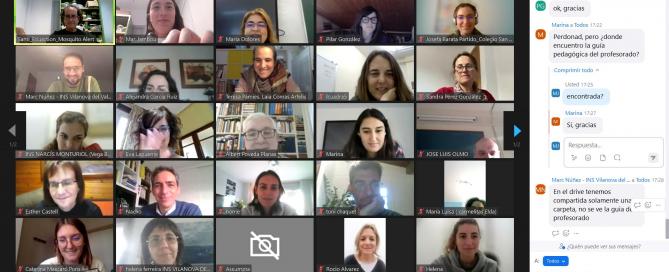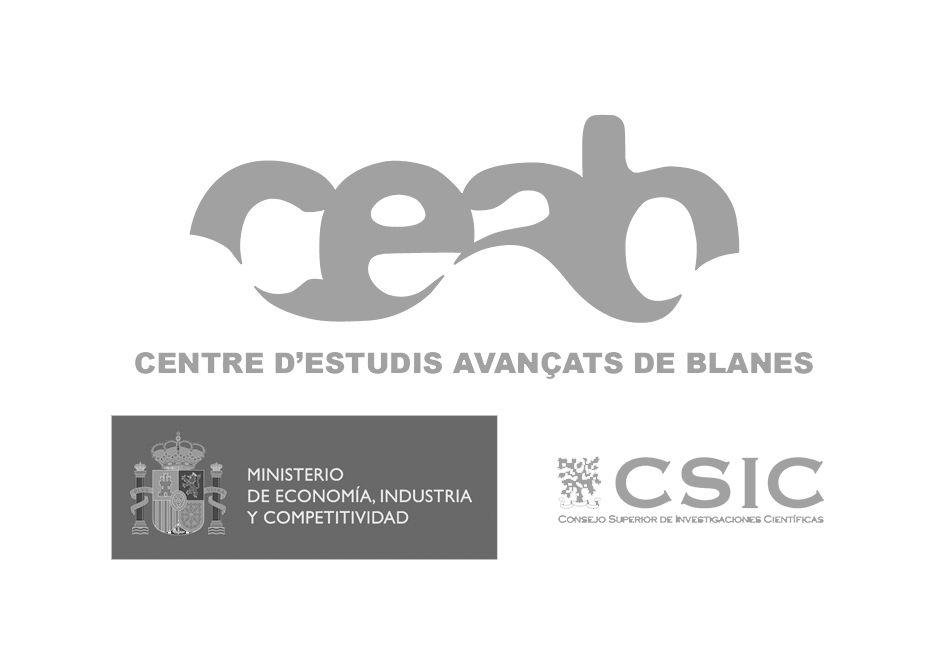This week marks the beginning of the training course aimed at teachers who will participate in the Mosquito Alert educational program. More than fifty educational centers from across the country will participate in this training, which will address the Mosquito Alert ecosystem and the potential of citizen science to study the spread of disease-carrying mosquitoes. Throughout the course, all necessary tools and instructions will be provided to carry out the project independently in the selected centers that will participate in the program.
The Educational Program
The main objective of the program is to foster curiosity and critical and scientific thinking, allowing students to pose investigable questions. Beyond the possibility of conducting research, the aim is to enable an approach to how questions are resolved in the academic world.
The program is adapted for different age groups and structured into three modalities according to the participating grade:
- Primary Education (5th and 6th grade). These courses involve an activity focused on sample collection.
- Secondary Education (1st, 2nd, and 3rd ESO). In these courses, the activity focuses on designing and implementing a communication campaign in the field of public health and creating a community map of breeding sites.
- Secondary Education (4th ESO and High School). In these groups, the main goal for students is to pose an investigable question. Despite being able to develop it more or less precisely, the importance lies in the process of choosing an objectifiable question, identifying variables, measurement, and what possible results could be obtained and for what purpose.
This system allows for long-term work, and students can participate in different modalities throughout their school years.
Training Sessions
The teacher training course consists of different theoretical sessions (each lasting one and a half hours) assigned according to the age groups of the class.
- Training Session I: Scientific communicators (1st-3rd ESO) and Young Researchers (4th ESO and Bachillerato). Theoretical approach.
- Training Session II: Sample Collectors (Primary). Theoretical approach.
- Training Session III: Scientific communicators (ESO), from theory to practice.
- Training Session IV: Young Researchers (4th ESO-Bach), from theory to practice.
- Training Session V: Sample Collectors (Primary), from theory to practice.
Schedule
The educational program consists of 10/12 sessions, starting on February 26 and ending on June 5, when the final products generated will be presented at the Mosquito Alert School Contest.
This course is supported and collaborated on by the Spanish Foundation for Science and Technology (FECYT) and is developed by the Environmental Association Xatrac, in collaboration with the Spanish National Research Council (CSIC).
The educational project is co-financed by various entities, including the Public Health Agency of Barcelona (ASPB), the Barcelona Citizen Science Office, the Ciudad Ciencia translated as “City Science” program of the Spanish National Research Council (CSIC), and the University of the Balearic Islands (UIB).




